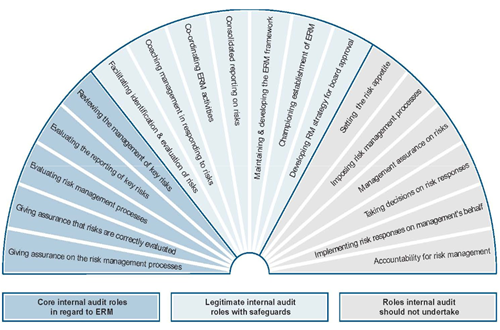
The unprecedented challenges of 2020 provide a significant opportunity for audit leaders to partner with governance leaders to improve risk management capabilities and reset the risks to the organisation while demonstrating not only the value of independent assurance but also the advisory role internal audit brings to the board.
Internal audit is a powerful board level influencer. In the wake of the COVID-19 crisis, your board may well be asking the question what next? Risk identification is not easy, and all board members should welcome independent assurance on the process they use to identify new and emerging risks, plus offer a sense check on their outputs.
The answers to these questions will invariably be hard to digest while still reeling and battling to recover from the economic and personal losses suffered during the pandemic; boards need a trusted advisor now more than ever.
This thought leadership piece explores:
- A need for different thinking: that includes exposing unknowns
- The board’s attitude to risk: from aversion to seeking out risk
- Key barriers to robust risk identification
- The role of internal audit in improving board risk identification
- Why being a “wise old owl” ensures a balanced perspective to identifying risks and making informed decisions.
Different thinking
Experts, futurists, and risk managers have often highlighted the impact of a pandemic, yet the global crisis caused by coronavirus left most world and business leaders reeling. A 2019 research report across 195 countries found that none were fully prepared to handle either an epidemic or a pandemic.
An Institute of Risk Management global survey of almost 1000 risk professionals in April 2020 found that only 32% of organisations had pandemic as an identified risk and of those only 20% had taken action to prepare.
*Click thumbnail below to enlarge image.

Image credit: Institute of Risk…